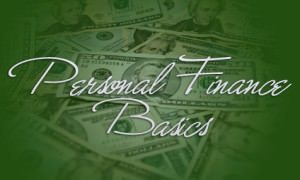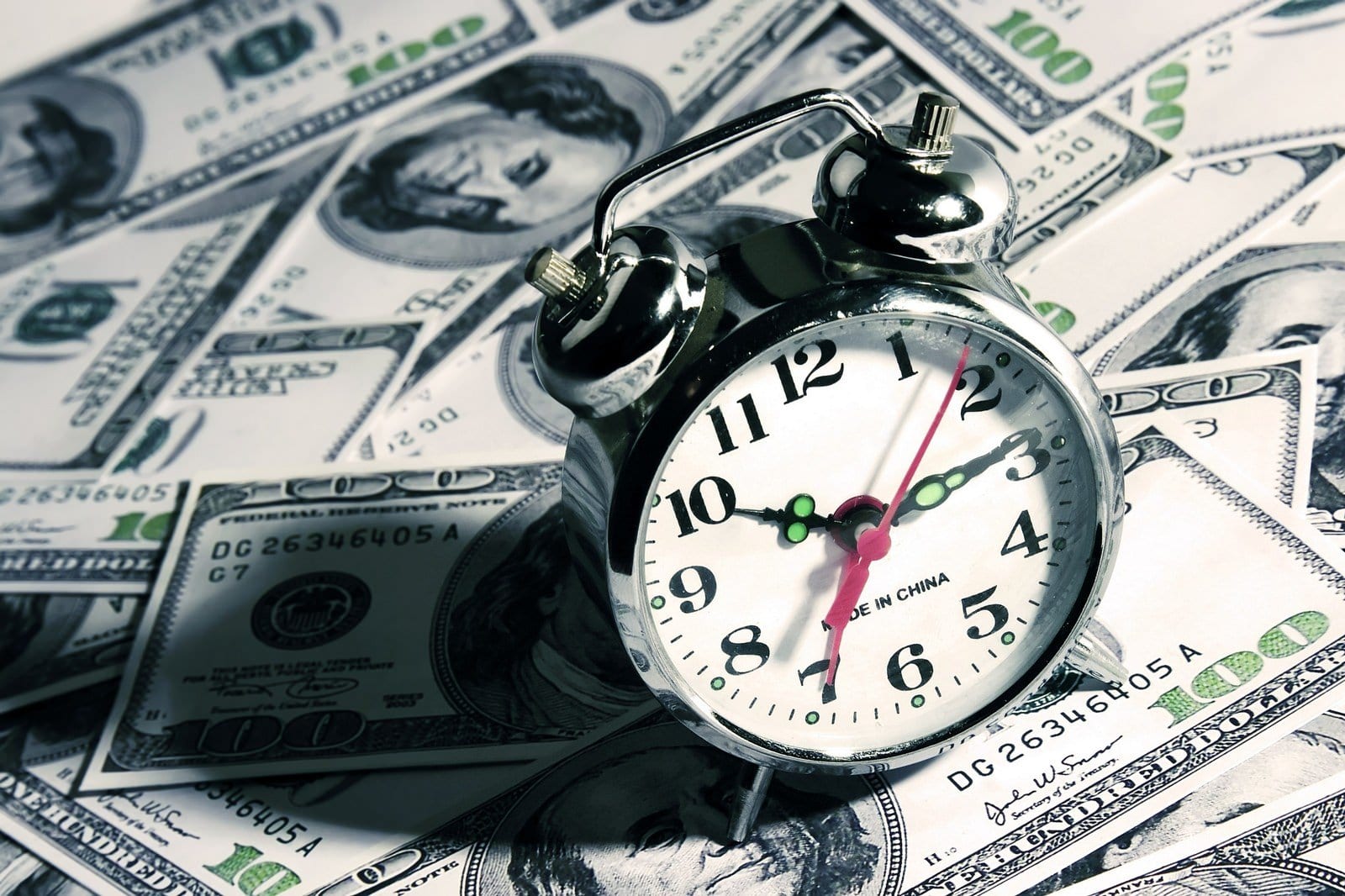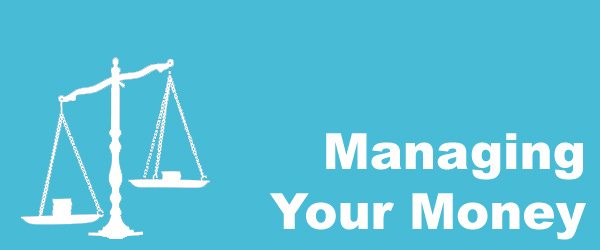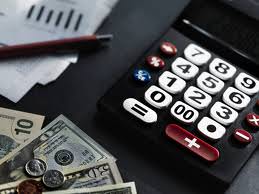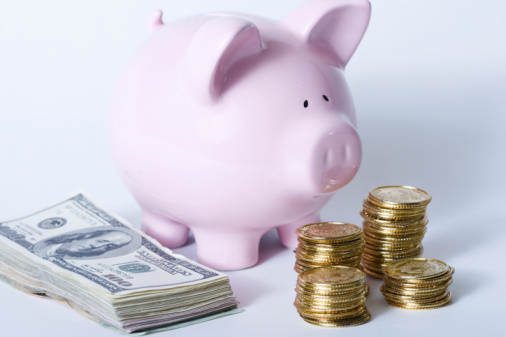Tips to Keep Food Costs Low – Finances
 One of the expenses that is definitely always going to be on your plate, no pun intended, is the cost of food. You have to eat, and food costs continue to rise. You have to find ways to cut corners and make these food costs cheaper on your wallet. Continue reading to find out how to keep your food costs low to help your finances.
One of the expenses that is definitely always going to be on your plate, no pun intended, is the cost of food. You have to eat, and food costs continue to rise. You have to find ways to cut corners and make these food costs cheaper on your wallet. Continue reading to find out how to keep your food costs low to help your finances.
One way you can do this is by growing your own food. Do you have enough land in your backyard to start a nice garden? It can be a lot of fun, and you can grow some fresh fruit and vegetables that will taste much better than what you can buy in a store. Even if you don’t have a backyard, you can grow herbs and some vegetables inside your home if you would like. This can be very nice as well.
When you do go shopping, you are going to pay more if you buy complete meals or finished products. You need to instead buy ingredients and focus on recipes that cost you less money to cook. This is one thing that many people fail to do, sometimes because they don’t cook and other times because they just don’t think it all the way through.
Buying your food in bulk when appropriate can save you money over time. You don’t want to buy everything in bulk though. You need to make sure it’s something that is on your shopping list and that you’re not going to waste any of it. Buying in bulk just to do it can actually cost you money.
It can be a lot of fun shopping at farmer’s markets and other little set-ups. These provide fresh produce at a much cheaper cost than the store. Not to mention, this can just be a lot of fun. Find out when the farmer’s markets are set up in your town, and take advantage of the better food and lower prices.
Make sure you create a shopping list, and don’t go shopping for food when you’re hungry. These are two things that can turn out to be the most costly mistakes. They both have the same reasoning behind them. If you don’t create a shopping list, and if you go shopping on a hungry stomach, you’re going to end up shopping like a kid in a candy store. You’re going to buy all the good food you see, and you’re likely going to buy less healthy food as well. Not to mention, you’re going to buy things that look complete instead of ingredients.
Ways to Save on Food Costs – Money
With food costs rising more and more, you need to find as many ways as you can to save you some money when buying those groceries. There are many things you can do, such as what was discussed in this article. Make sure you take control of your food situation. Grow that garden, create that shopping list, and start saving money so you can enjoy more out of life.

